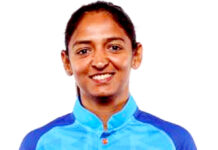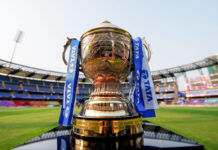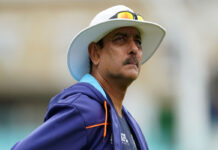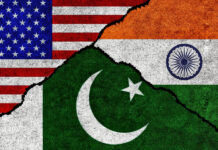French fries, white bread and Pringles might sound scrumptious but the combination turned out to be something else for a teenager. A teenage boy who consumed the aforementioned dishes lost his sight, according to a case study published in Annals of Internal Medicine, cited by CNN. This unusual case was examined by a group of scientists from the University of Bristol who warned the danger of having a poor diet. According to the patient, he only ate fries from the fish and chip shop, Pringles potato chips, white bread, slices of processed ham and sausage since elementary school. The teens’ first visit to a doctor was at the age of 14 where he complained of tiredness. He wasn’t on any medication, had a normal BMI and height, and showed no visible signs of malnutrition. However, the medics discovered low vitamin B12 levels and anaemia, following which the boy was treated with vitamin B12 injections and offered dietary advice. A year later, he showed signs of hearing loss and vision symptoms, but doctors weren’t able to find the cause. His vision had worsened to the point of permanent blindness by 17 years of age, and doctors identified vitamin B12 deficiency, low copper and selenium levels, a high zinc level, reduced vitamin D level and bone level density, according to a statement from the University. Bristol Medical School and Bristol Eye Hospital researchers after examining the case concluded that he suffered nutritional optic neuropathy, a dysfunction of the optic nerve. The problem is mostly caused by bowel problems or medication that interferes with the absorption of nutrients in developed countries and rarely caused entirely by poor diet. According to the statement, malnutrition caused by poverty, war and drought is linked to higher rates of nutritional optic neuropathy in some places. “Our vision has such an impact on the quality of life, education, employment, social interactions, and mental health,” said study lead author Denize Atan, an ophthalmologist at Bristol Medical School and Eye Hospital. “This case highlights the impact of diet on visual and physical health, and the fact that calorie intake and BMI are not reliable indicators of nutritional status,” Atan added. Researchers warned vegans to make sure to supplement vitamin B12 to avoid deficiency. Tom Sanders, a professor of nutrition and dietetics at King’s College London, was critical of the case report. He said that it relied on the patient’s own recall of his eating habits and didn’t take into account other possible explanations for the condition. “Vitamin B12 deficiency can cause optic neuropathy but it is very unusual to find dietary deficiency when animal products are consumed e.g. ham and sausages which are significant sources of the vitamin B12,” he told the Science Media Centre in london.
Home News International US teen loses sight after living off French fries, chips, white bread: Report



























